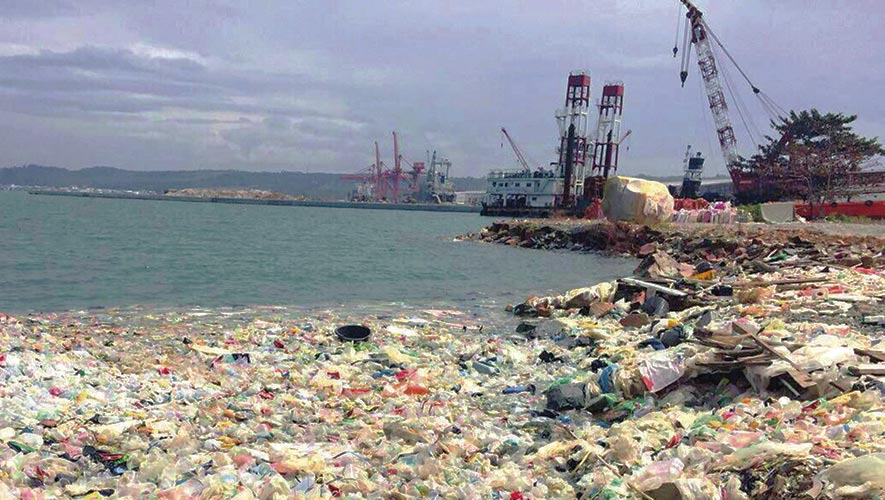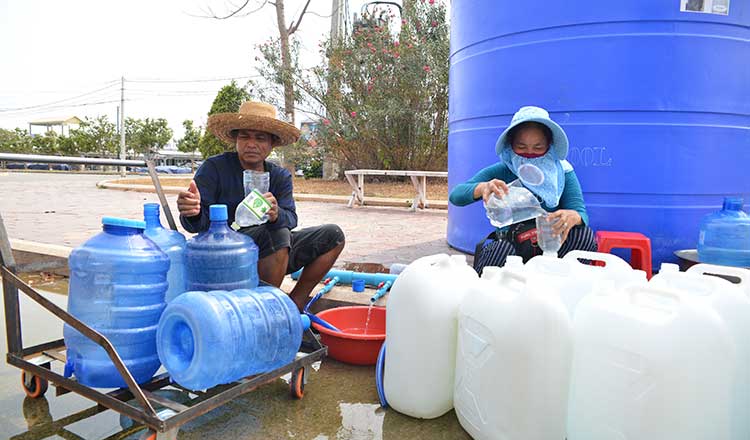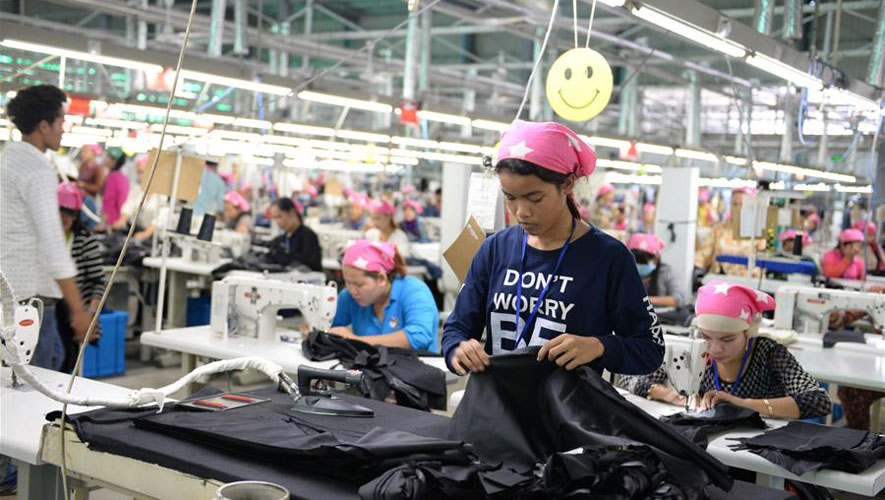Prime Minister Hun Sen made it abundantly clear in 2014 when he formed the Cabinet that reform was a key agenda, and that he expects ministers to stand up, be accountable and take initiatives.
For the latest Cambodian Business news, visit Khmer Times Business
In the current mandate, since September 2018, the same mantra was repeated with many reforms announced on economic to physical policies to goodies for garment, foot and leatherwear industries, the seemingly disenfranchised groups such as the cyclo drivers, and three-wheeler PassApp and Grab drivers.
However, despite the Prime Minister’s lambast during cabinet meetings and public events, the silo working mentality, discord, detachment from reality by the subnational level and not forgetting the rich and powerful, have seemingly stymied reform efforts.
Sihanoukville became a hotspot for negative news not because of the policies at the national level but because of the greed, irresponsible and unilateral decisions made at the subnational level. It comprises governors, district officials, commune heads, village heads, and department heads of national-level ministries. This level often features those from the subnational level of Land Management, Urban Planning and Construction Ministry and provincial-level Environment Ministry officials, security heads, and even powerful generals who are no longer with the army.
This combination of inefficacy and other officials (there are many of them) has put Sihanoukville to shame for all the wrong reasons. The coup de grace was the mountain of trash which floated in the city after a heavy downpour in April.
Pictures of the trash went viral on social media. Whether or not it was verified, did not matter. What mattered was that people believed it to be real, and this showed that the rot had set in, in Sihanoukville.
Environment Minister Say Sam Al, a committed, energetic and dedicated government servant, appointed by the Prime Minister to bring order to Sihanoukville, faces a tremendous challenge, some that might seem insurmountable unless the Prime Minister makes a decision.
So powerful are those involved in the calamity at Sihanoukville that some officials either fear being part of Minister Sam Al’s working group or investigating the source of problems such as land grabbing at Ream National park, shooting ranges frequented predominantly by Chinese nationals, arbitrarily-issued construction and development permits, illegal land transactions, vice and mafia activities. And the list goes on.
The local authorities who are committed are unable to take action, and are rendered ineffective because of their superiors, a situation that pyramids to an alarmingly disgusting level. However, it is not only the fault of Chinese investors who have flooded Sihanoukville and other coastal areas.
There are genuine, law abiding investors who are pouring in money to build special economic zones, roads, power stations, and residential and commercial units rather than casinos.
The scourge is often due to the workings of rich and powerful tycoons who have the backing of political and security people who provide blanket assurances and protection. At times, this is to the detriment of the locals, visitors, local and national authorities.
These tycoons, many of whom work in the grey area, beyond the realms of the law, do not pay taxes. They undertake businesses that are unsavoury to their reputation as investors and Okhnas.
Having said that, all is not lost for Sihanoukville. Minister Sam Al is able to undo many of the wrongs committed before his appointment. However, without strong political and security backup from the national level, observers, who are familiar with the issues at Sihanoukville are concerned that the optimism for a turnaround may be far-reaching, and could eventually fail.
Sihanoukville must become a model coastal city for other provinces to emulate such as Koh Kong, Kampot and Kep.
Thus, if there is no political will, and pressure from the subnational level, the perceived narrative of “Chinese invasion” may well turn out to be true in all the southern coastal cities.




